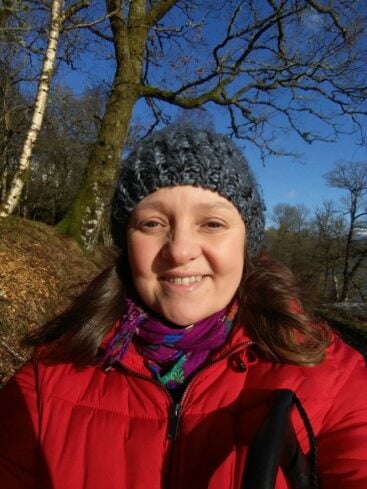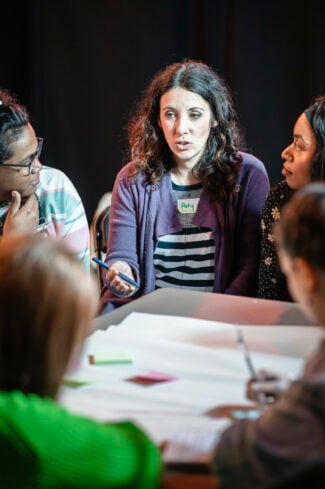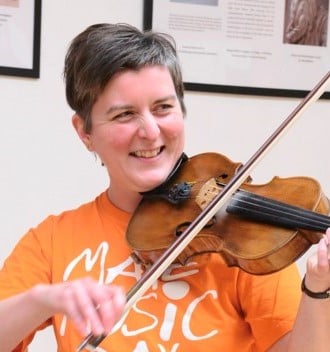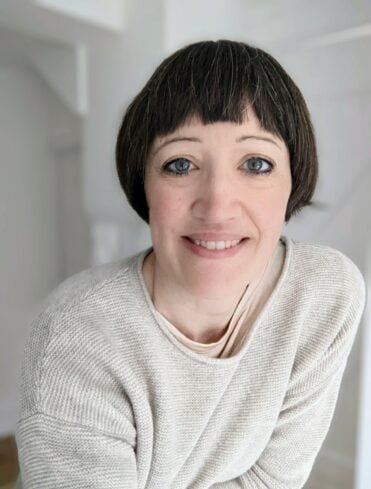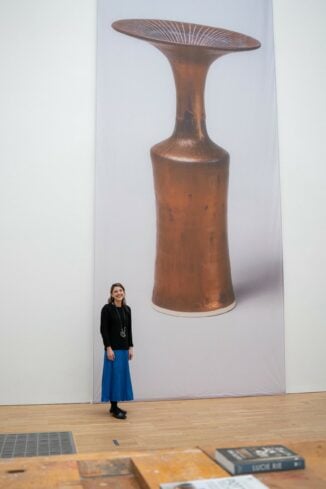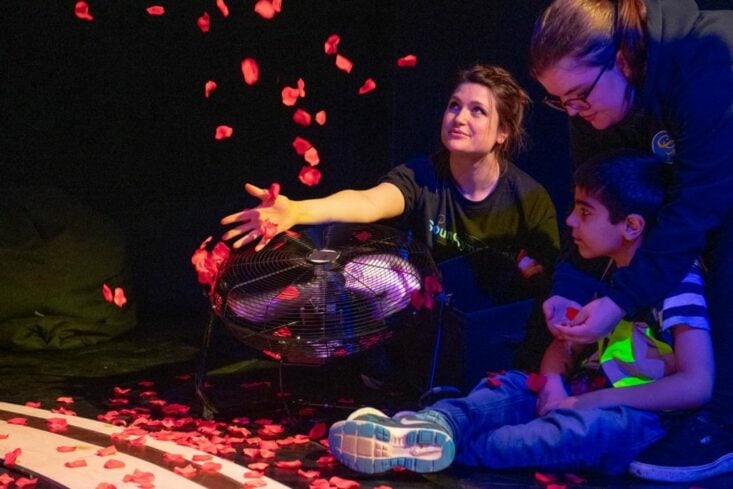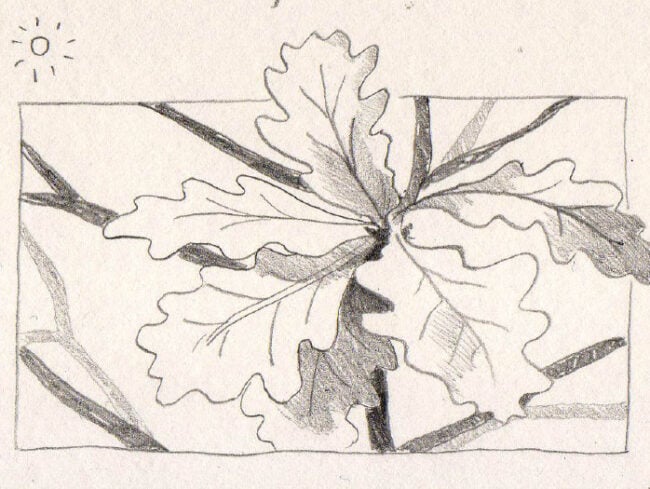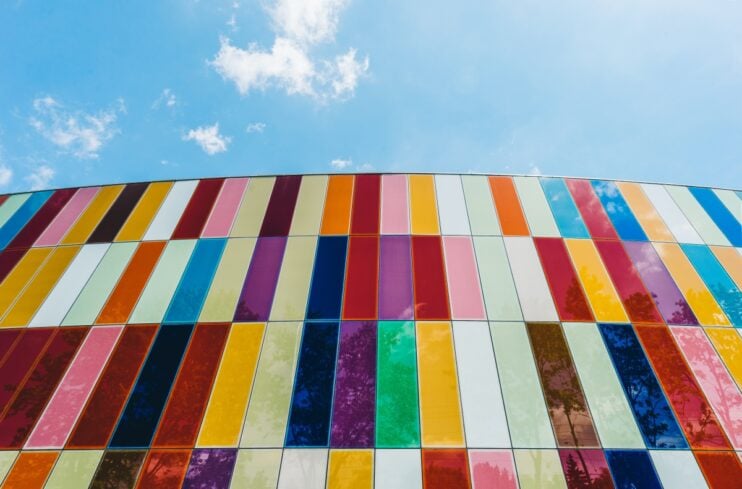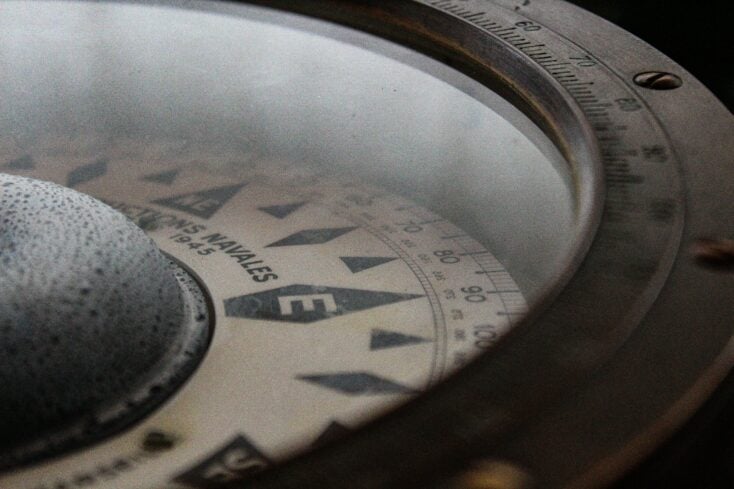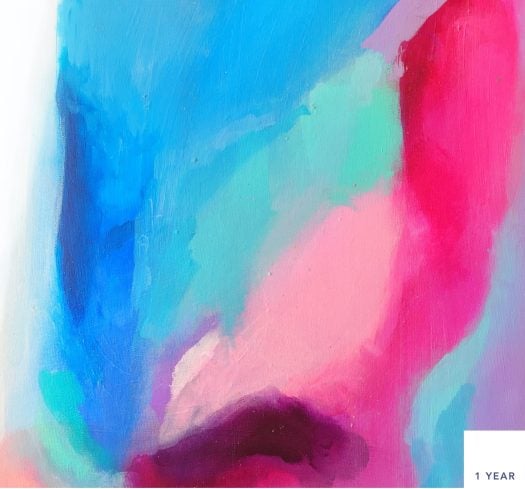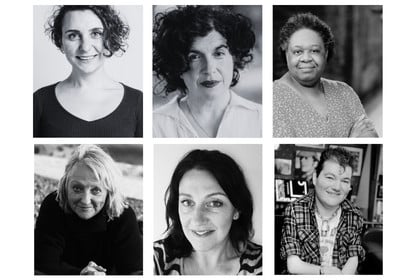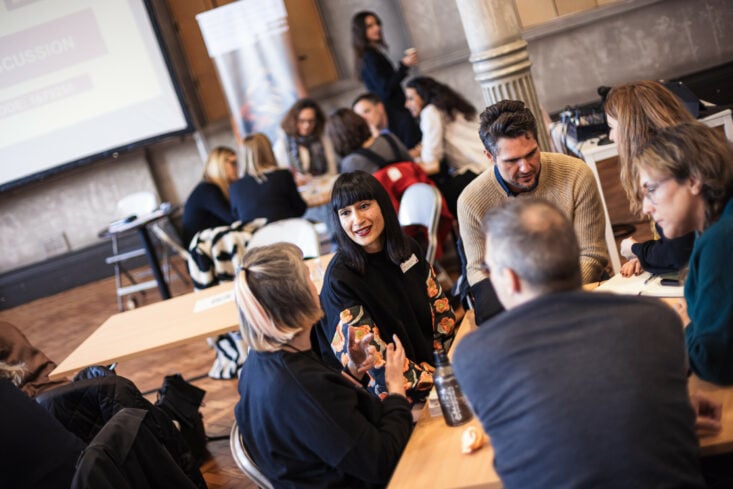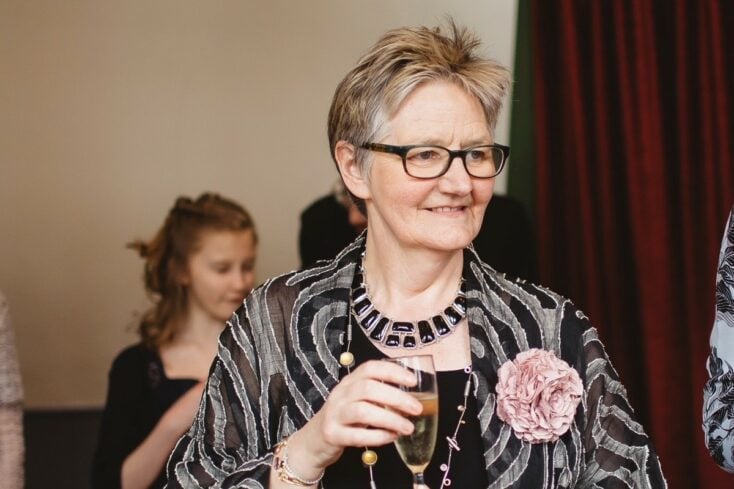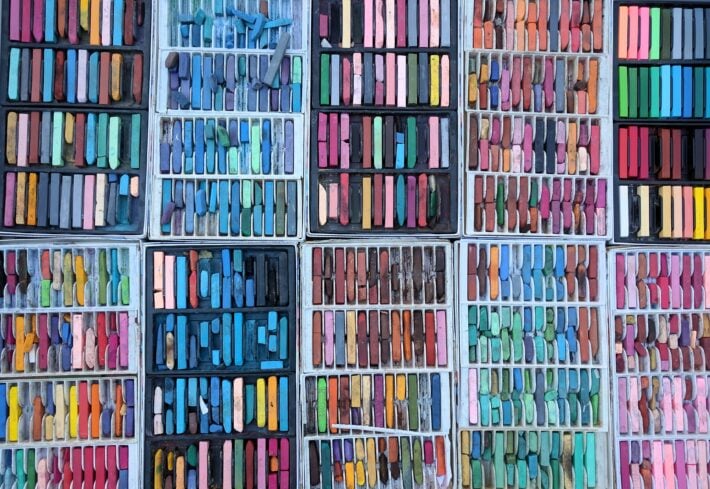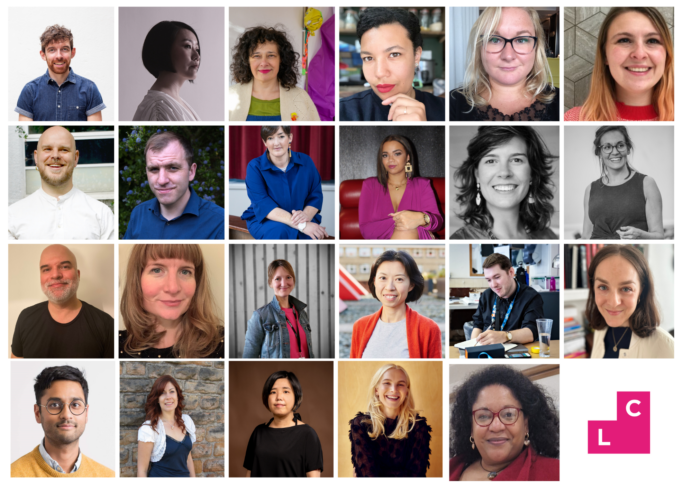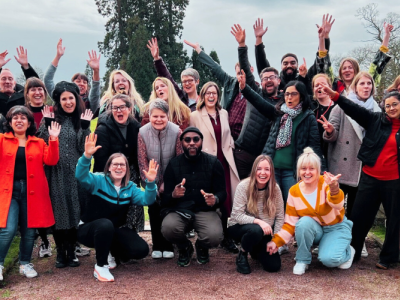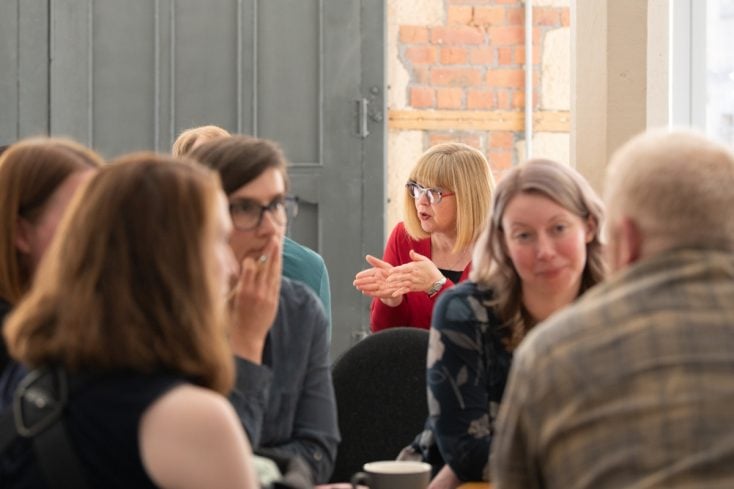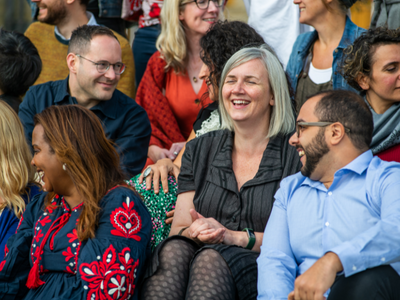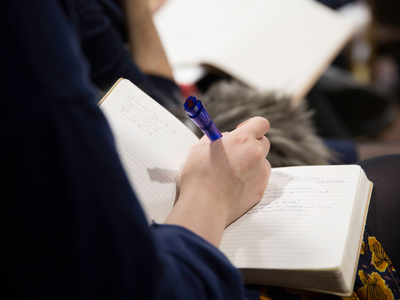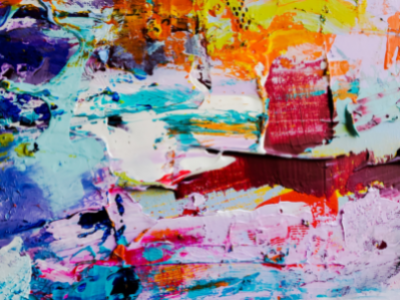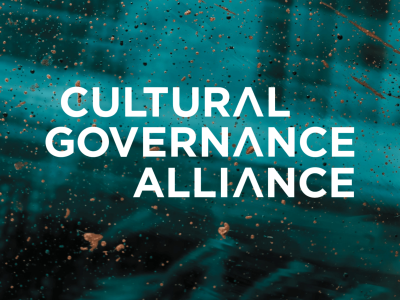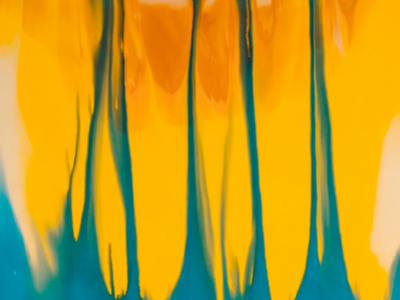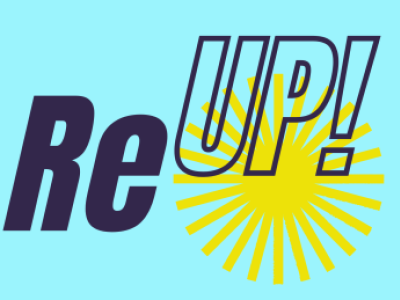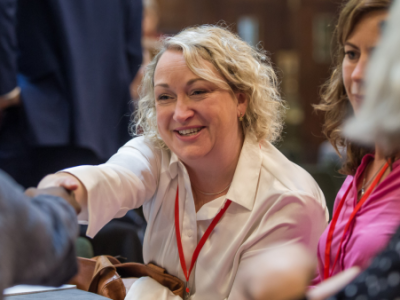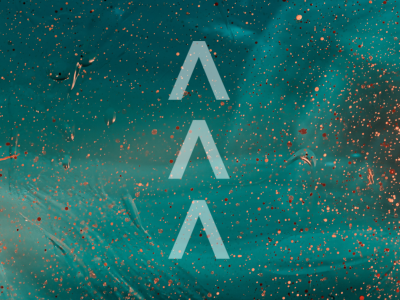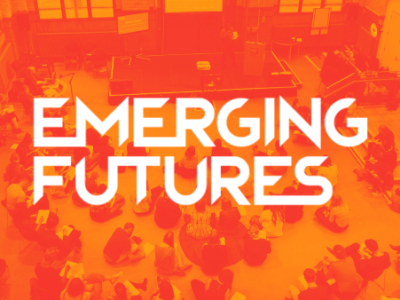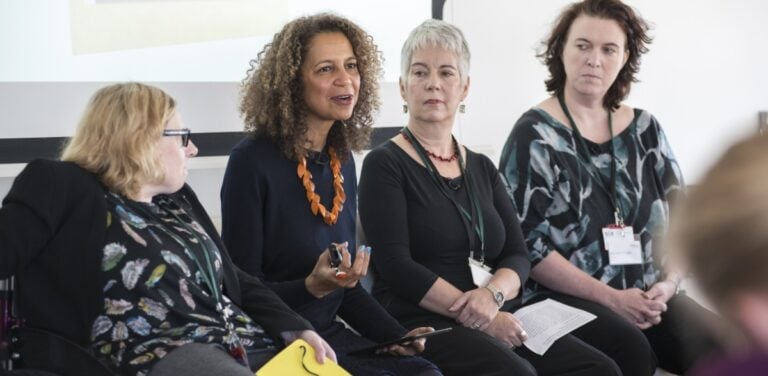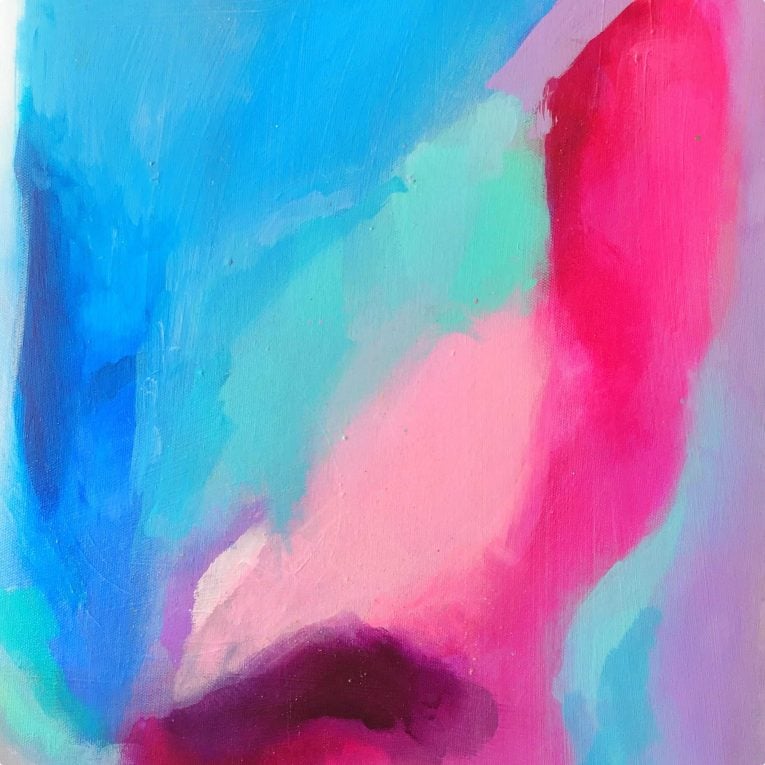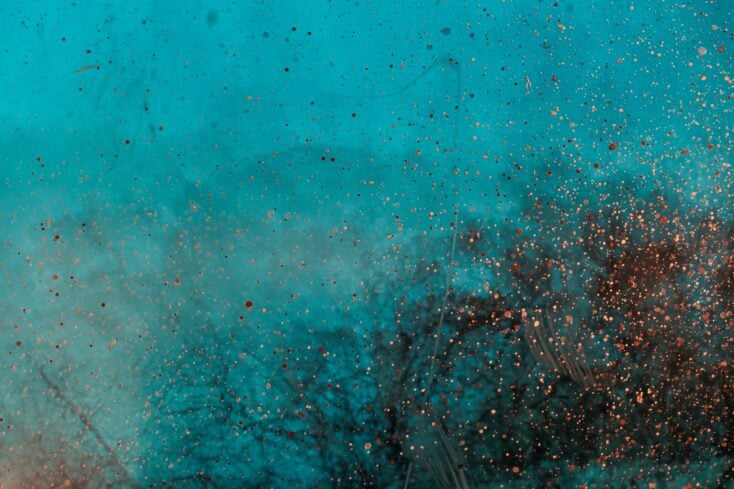Brilliance Map: Mark Dakin, Director of Technical Production Royal Opera House
The routes into leadership for Black, Asian and ethnically diverse leaders are diverse and unique. Subsequently so are the range of skills and perspectives. Often that specificity goes unmapped. This Brilliance Map series asks leaders across the country to map their routes and share their vision of our cultural futures.
Born in South East London, Mark Dakin has a rich background in theatre – as a technician and manager – as well as holding an eclectic range of roles for opera, dance, and stage musicals. As Director of Technical Production at the Royal Opera House, his first task was the restructuring of the organisation’s technical department, which includes the Linbury Theatre – the world class stage for the Royal Ballet, Royal Opera House and their collaborating artists and partners.
Where did your career start and what were the key turning points that impacted its development?
My first ‘wage packet’ came from pushing flight cases for bands into and out of venues in Bristol, but my career officially started when I left college in my second year to work in Europe with a touring Opera Company.
Turning points include watching colleagues mop up after the death of Greg Bellamy on the Royal Opera House stage in 1989; the scenic failure on the first night of the production Life with an Idiot at English National Opera in 1994 and being appointed National Theatre Head of Production in 2001. I’d also include the decision to write an Open Letter to the performing arts sector in response to Black Lives Matter during the 2020 pandemic.
What extra knowledge or insights do you feel you bring to the table as a leader of colour?
I have a lived experience of being one of very few people of colour working in an organisation – and a sector – that has failed, until now, to acknowledge the inequality it perpetuates by appointing and promoting likeness. I’m clear in my belief that a more equal workspace that truly values difference and allows people to be themselves, use their skills, share ideas, and feel that they belong, will deliver better collaboration and better leadership. This will result in a higher performing culture.
What two or three innate strengths do you find yourself most drawing on in your day- to-day work?
Belief, persistence, and kindness.
How would you define the culture you hope to create and how do you go about creating it?
My appointment at the Royal Opera House was part of a number of restructuring initiatives that highlighted the fact that there is an understanding and need for a more diverse and inclusive organisational culture.
Technical theatre is the artistic application of technical expertise. At its best it’s a collaborative process that is enhanced by working with difference. I hope to create a diverse and inclusive culture by nurturing the environment and systems that ensure everyone has the opportunity to thrive.
By populating a new transparent, just, and equal department structure with fantastic people, I hope to prepare a safer and more fertile ground for my successors, so that they will be able to harvest fruit from the seeds of genuine inclusion that we have started to plant.
Are there other types of external resources that you draw on for your work?
The writings of many, including Stuart Hall on culture, race and society, Charles Handy on people in organisations and management, Richard Sennett on working and collaboration, Sidney Dekker and Tim Marsh on Safety and A.S. Neil and Ken Robinson on education and learning. Musically, there’s P.J Harvey, Miles Davis, Brian Eno, Fela Kuti, Wilko Johnson, Benjamin Britten, Sly and Robbie, Bobby Womack…
And then, there’s my wife Gerry and our three children Hannah, Joss and Seth.
What do you hope culture in Britain will look and feel like in 20 years’ time?
2020 clearly demonstrated that there is a younger generation who will not tolerate or accept the social, environmental and racial injustices that exist in societies, systems, and institutions. It also laid bare the divisions that those of us of Asian and African heritage fully understand lie just below surface of everyday life in multi-cultural Britain.
There’s an unprecedented opportunity to find common ground and to work together to re-examine and understand our past in order to reset and build a more just and equal future.
I hope culture in Britain in 2040 will be fairer, more equal, and inclusive and that the immense challenges of 2020 and 2021 will have proved to be the springboard for a renaissance in artistic and technological collaboration and creativity. This should benefit many, and not just the few.
Themes Inclusive Leadership Practice Qualities of Leadership


